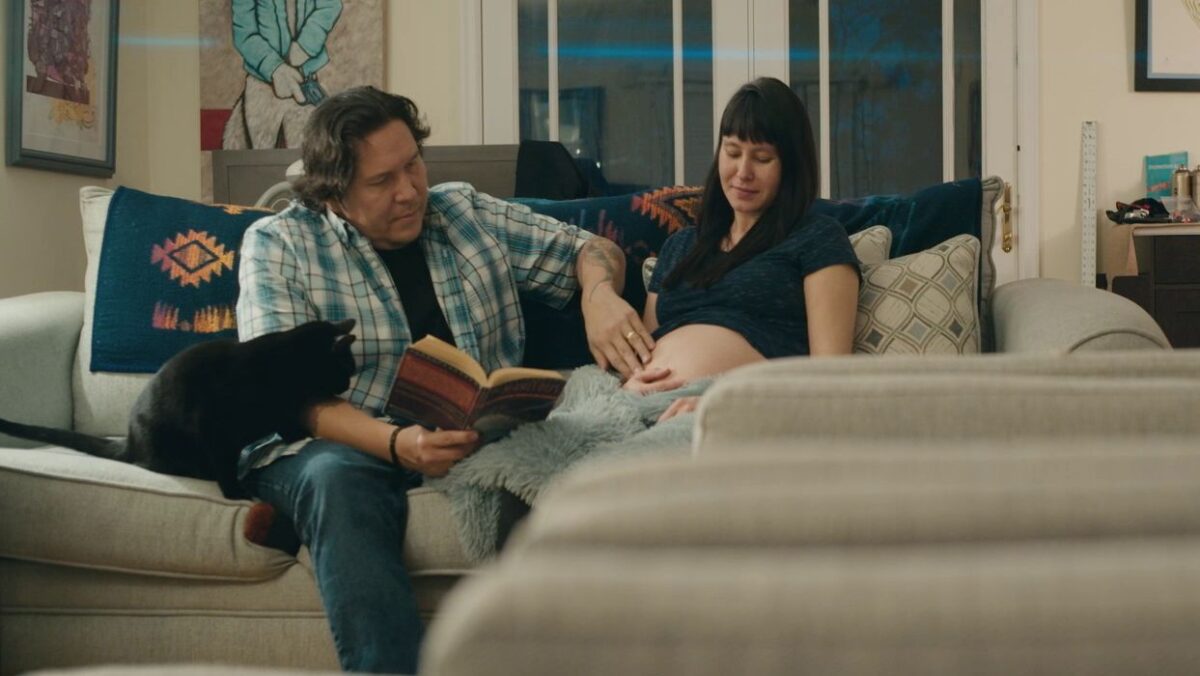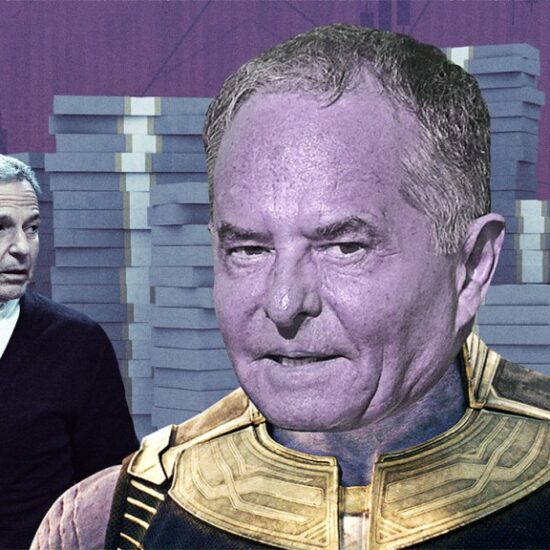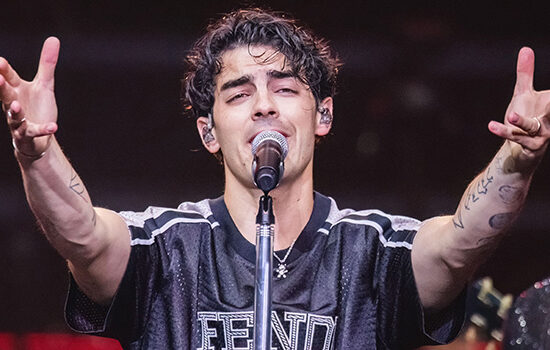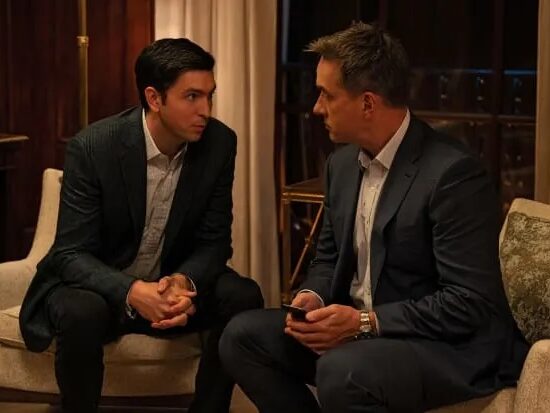
Angela Garbes, author of “Essential Labor” and “Like a Mother,” reflects on the relationship of parenthood to the arts, connecting four short films from In The Making as a springboard for these themes.
I’ve written two books on mothering while simultaneously raising two young children, so I consider myself attuned to the intricacies of how parenting impacts artistic expression.
There is the obvious tension: in order to survive, my children need me to nurture them, to be present. But in order for me to survive, I need to write and nurture my creativity, which requires being alone, absent from my family.
I think about my writing and my children constantly, but I also spend a lot of time obsessing about myself: What, exactly, is my identity as an artist, a mother? A mother-artist? Can I ever balance the two?
I was surprised—and grateful—when in Cambodian Futures, culinary artist Ethan Lim says, “Where should I begin? I’m Buddhist, I’m a son, sometimes I’m a chef.” With those words, Lim pulled me out of my ever-churning brain and back into my pulsing body.
Before I was a mother or a writer, I was a daughter.
I am an American child born to Philippine immigrants who left the security of their families and native culture to pursue uncertain professional and financial opportunities. My mother was a hospice nurse; she worked long hours in other people’s homes, giving dying people care and dignity. It’s not a coincidence that I write about care work—the tremendous mental, emotional and physical labor—involved in looking after vulnerable people.
I am just like artist Jonathan Thunder who, in Good Mythology, says this about his first drawing teacher: “I remember thinking: I want to learn to draw like a great artist, like my mom.”
Over the years I’ve joked that I am a writer because I am “constantly trying to explain myself to my parents.” The more I said it, the more I realized it is true.
Like Lim, I grew up a confused Asian American defined by my parents’ silences, hungry for their stories, wondering if they would ever understand and accept me, hoping I could fix the pain we each experienced straddling two cultures that often felt at odds. Now I write into those silences and heave all my long-held questions into the world because I know I am not alone. I know that my Filipinx and Fil-Am peers, daughters and mothers themselves, share the same desire to know our parents. The desires, too, to be known by them and to be able to tell our children who they are.
I cannot think of myself without thinking of my mother and father, of the courageous journeys and impossible choices they made to forge a life comfortable enough that I could afford to pursue a creative lift. As Detroit painter, Senghor Reid says in Make Way for Tomorrow about his mother, with whom he shares a studio: “I paint for her.”
Whether they are musicians, chefs, painters, or experimental filmmakers, I feel a kinship with these Asian, Black and Indigenous artists whose work is fueled by a sense of responsibility.
“There’s a certain responsibility that I feel to say something about our time,” says Thunder. “If not to say anything profound, to at least say this is how it was when I was here.”
Our duty is not a heavy or unwelcome burden, but an intrinsic desire to be of service to our people, including ourselves. For Lim, cooking traditional Cambodian food is a way to heal family trauma. For country singer Rissi Palmer, songwriting is a way of connecting with her mother, who died when she was just seven: “I wish I knew her as a human…I wish I could say, ‘Were there things you gave up to have me, and what were they?’”
The best way for me to honor my parents is to be my full, creative self. It is also the best way for me to raise my daughters. The more they see me publishing my books, on a stage telling people who I am and what I believe, the more likely they are to know that it is always okay to be their truest selves. One life does not preclude another.
Underneath all the logistical conflicts of being an artist and parent lies a more complex relationship—symbiotic, generative, magical. My daughters give my work an urgency, inspiration and depth I don’t believe I would have found on my own. As a mother, it is impossible to be everything to everyone and get it all done, but as Palmer says, “I’m trying to give everything the respect, time and space that it needs so that I can give an honest assessment through song.”
Like Palmer’s albums, my writing projects often seem like “a hungry child, it keeps asking for more and more things.” But the more I work, the more I become myself. And when I am my whole self—my best self—I am also the mother I want to be to my daughters. A person worthy of the boundless admiration and love they give so freely.

















